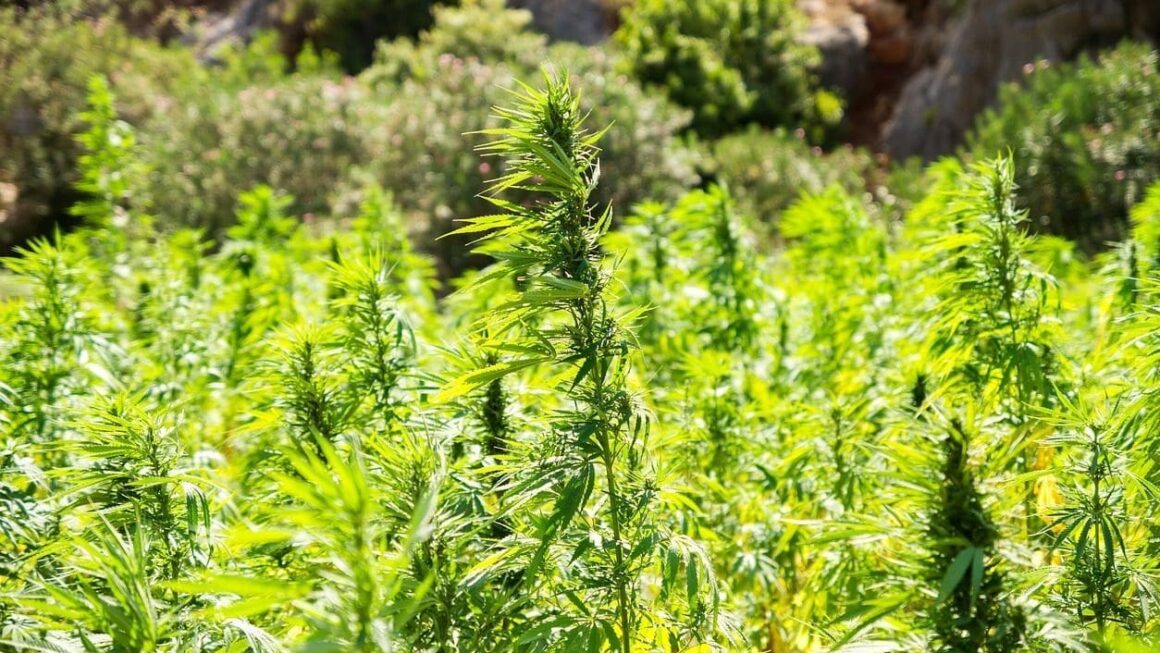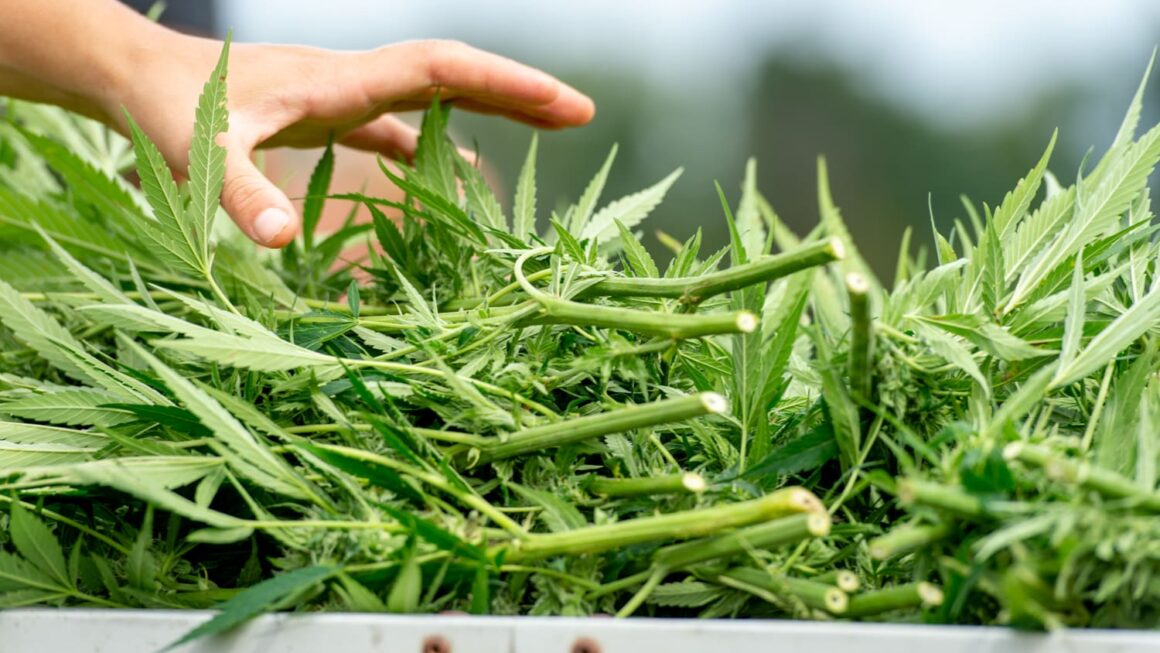“All of them was very delightful, you know, but we’ll see what happens.”
By Peter Hall, Pennsylvania Capital-Star
A heavyweight in the legal cannabis industry visited Pennsylvania’s Capitol to meet with state lawmakers Wednesday.
Known as “the baddest man on the planet” at the height of his boxing career, former heavyweight champion Mike Tyson entered the cannabis ring when he started the brand Tyson 2.0 in 2021.
Tyson told reporters his goal is to bring accountability and greater legitimacy to the cannabis business. Adult recreational use of marijuana is legal in more than half of the states. But it is legal only for medical use in Pennsylvania and remains a controlled substance under federal law, which does not recognize any medical use.
“I want Tyson 2.0 to be one of the biggest companies in the world. I’m here about the safety component of cannabis,” Tyson said, adding that “there’s a lot of bad cannabis out there” and he doesn’t want to see people getting sick because of it.
Tyson’s brand partners with other celebrities, including professional wrestler Ric Flair and, in an unlikely alliance, former heavyweight rival Evander Holyfield, whose ear Tyson partially bit off in an infamous 1997 title bout.
“Iron Mike,” as Tyson was known in his early career, has also fought personal battles with addiction and served three years of a six-year prison sentence after he was convicted of rape in 1992. Asked what cannabis has done to help him, Tyson said it changed his “whole life” by helping him end his cocaine and alcohol use.
“I’m looking at me as if I’m the product of cannabis,” he said. “I was using everything. I was using acid and cocaine, I was using alcohol, whatever I could take.”
Legalizing recreational weed has been on Gov. Josh Shapiro’s (D) wish list since the start of his term in 2023.
In this year’s budget address, Shapiro again urged lawmakers to pass legislation that would legalize and tax recreational cannabis. He noted Pennsylvanians who want buds, vapes or edibles can simply cross the border into one of the commonwealth’s four neighboring states where it’s available without a prescription or breaking the law.
That’s money leaving the commonwealth that Pennsylvania could use to balance its budget, Shapiro said. His office estimated legal recreational cannabis could generate more than $500 million in new tax revenue in its first year.
A spokesperson for Shapiro said he met with Tyson, but didn’t offer details of their conversation. Tyson also met with Senate President Pro Tempore Kim Ward (R-Westmoreland), her spokesperson said, also declining to provide specifics.
“All of them was very delightful, you know, but we’ll see what happens,” Tyson said, adding he was ready to take the issue “to the polls.”
Legalizing cannabis for recreational use is, in fact, the domain of the state legislature, not voters. And the General Assembly has considered the issue several times this year, including a proposal to put the state Liquor Control Board in charge of selling cannabis.
House Bill 1200 was voted down in the Senate Law and Justice Committee earlier this year. But last week, the committee passed legislation sponsored by its chairperson Sen. Dan Laughlin (R-Erie) that would establish a state Cannabis Control Board.
Laughlin, who opposed the state store proposal because it would cut out small businesses, said the control board would not be tasked with regulating recreational marijuana.
“This bill is not about legalizing adult-use cannabis—it’s about cleaning up the system we already have in place, giving our commonwealth the structure and expertise to manage what’s already occurring within our borders,” Laughlin said in a statement.
The bill also includes language to create uniform safety standards for untested and potentially harmful intoxicating hemp products, which have become widely available since the passage of the 2018 federal farm bill. That law made the cultivation of industrial hemp legal.
Chemical compounds similar to THC, the main active component of cannabis, can also be produced from industrial hemp. They’re sold in gas stations and vape shops across the commonwealth under the name Delta 8 or labeled as THC with little or no regulation.
Tyson’s company also sells Delta 8 products alongside recreational cannabis. Tyson’s business partner Ryan Burke said rather than contradicting Tyson 2.0’s goal of safety and accountability, their company has shown such products can be produced and sold responsibly.
“When states don’t have recreational cannabis policy in place, a lot of those consumers go and … buy those products that, again, fall into that loophole industry,” Burke said, noting that the lack of testing and age controls on who can buy them has given the hemp industry a bad reputation.
“The farm bill and the hemp industry as a whole needs to also be looked at when it comes to further regulation, both on a state and federal level,” Burke said.
This story was first published by the Pennsylvania Capital-Star.
Image element courtesy of Glenn Francis, www.PacificProDigital.com.






